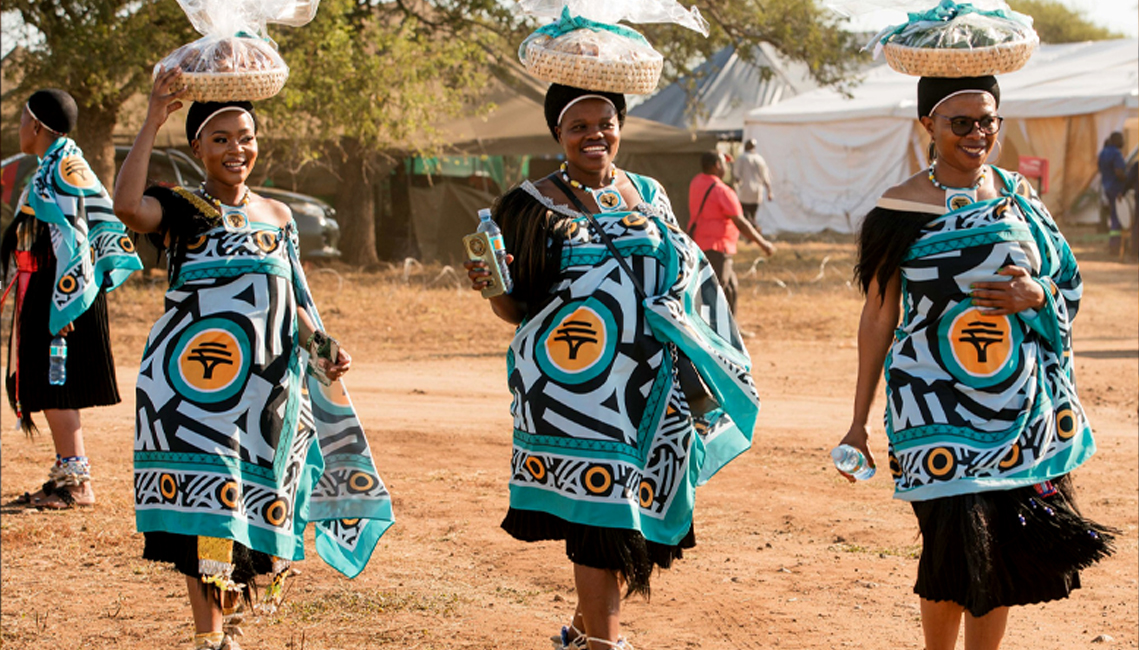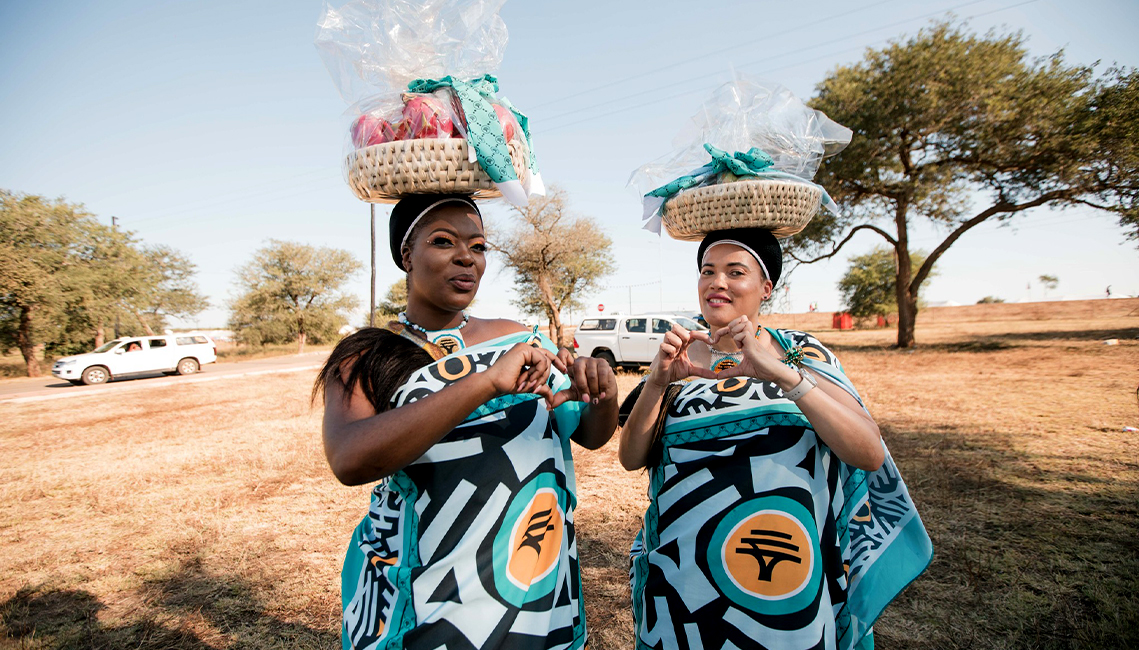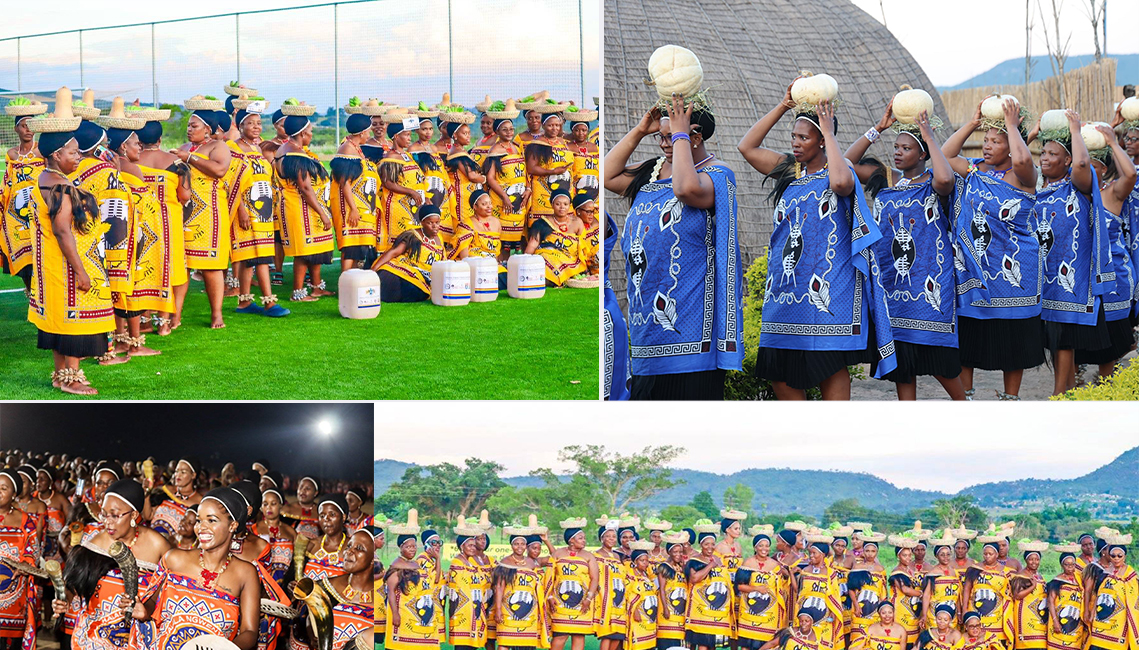The Power And Rationale Of Cultural Diplomacy

THE POWER AND RATIONALE OF CULTURAL DIPLOMACY
A TAKE OF AGIC GLOBAL FOUNDATION PROSPECTIVE STAND FOR THE ESWATINI KINGDOM EXCEPTIONAL CULTURAL WORLD HERITAGE-
By Amb. Hajj Dr. Alhussein O.E. Banao, Founder /Executive President
The development of international cultural relations, or cultural diplomacy, in the Kingdom of Eswatini, plays a crucial role in promoting the nation's cultural heritage, fostering global understanding, and contributing to socioeconomic development. Eswatini, with its rich traditions, vibrant arts, and unique cultural identity, has significant potential to leverage cultural diplomacy as a tool for global engagement and economic growth.
An overview of how cultural diplomacy in Eswatini can achieve these goals:
1. Promoting Swazi Culture Globally
- Cultural Exchanges:
Eswatini can participate in international cultural festivals, exhibitions, and fairs to showcase its traditional music, dance, crafts, and rituals. This not only highlights the diversity of Swazi culture but also fosters mutual respect and understanding among nations.
- Arts and Performances:
Swazi traditional performances, such as the Umhlanga (Reed Dance) and Incwala ceremonies, can be shared with global audiences through tours, collaborations, and digital platforms, enhancing global awareness of Eswatini's cultural heritage.
- Cultural Diplomacy Initiatives:
Establishing cultural centers or partnerships abroad can serve as hubs for promoting Swazi culture, language, and traditions, while also facilitating dialogue and collaboration.
2. Fostering Global Dialogue and Peace
- Cultural Diplomacy as a Soft Power Tool:
By presenting Swazi culture as a bridge for dialogue, Eswatini can contribute to global peacebuilding efforts. Cultural exchanges can help break down stereotypes, build trust, and promote shared values.
- International Collaborations:
Partnering with other nations, UNESCO, and international organizations can amplify Eswatini's cultural diplomacy efforts, fostering cross-cultural understanding and cooperation.
3. Transforming Culture into a Socioeconomic Asset
- Cultural Industries:
Eswatini can develop its cultural sector into a viable industry by promoting Swazi arts, crafts, music, and fashion. This includes supporting local artisans, musicians, and creatives to access global markets.
- Tourism Development:
Cultural tourism can be a key driver of economic growth. By promoting cultural heritage sites, festivals, and experiences, Eswatini can attract international tourists, generating revenue and creating jobs.

- Creative Economy:
Investing in the creative industries, such as film, music, and design, can position Eswatini as a hub for cultural innovation and entrepreneurship.
4. Strengthening National Identity and Unity
- Cultural Preservation:
Cultural diplomacy efforts can also focus on preserving and revitalizing Swazi traditions, ensuring they are passed down to future generations.
- Youth Engagement:
Involving young people in cultural diplomacy initiatives can instill pride in Swazi heritage while equipping them with skills to participate in the global creative economy.
5. Challenges and Opportunities
- Resource Constraints:
Eswatini may face challenges in funding and infrastructure for cultural diplomacy initiatives. However, partnerships with international organizations and the private sector can help overcome these barriers.
- Digital Platforms:
Leveraging digital technology and social media can amplify Eswatini's cultural diplomacy efforts, reaching global audiences at a lower cost.
- Sustainability:
Ensuring that cultural diplomacy initiatives are sustainable and inclusive is key to maximizing their impact on both global relations and local development.

6. Case Studies and Best Practices
- South Africa's Cultural Diplomacy:
South Africa's use of cultural diplomacy to promote its arts, music, and heritage globally provides a model for Eswatini to emulate.
- UNESCO's Intangible Cultural Heritage List:
Eswatini can work towards having its cultural practices recognized by UNESCO, enhancing their global visibility and significance.
Conclusion
Cultural diplomacy in Eswatini has the potential to not only showcase the richness of Swazi culture but also transform it into a powerful tool for global engagement, peacebuilding, and socioeconomic development.
By investing in cultural exchanges, creative industries, and partnerships, Eswatini can position itself as a vibrant cultural hub on the global stage while preserving its unique heritage for future generations.
